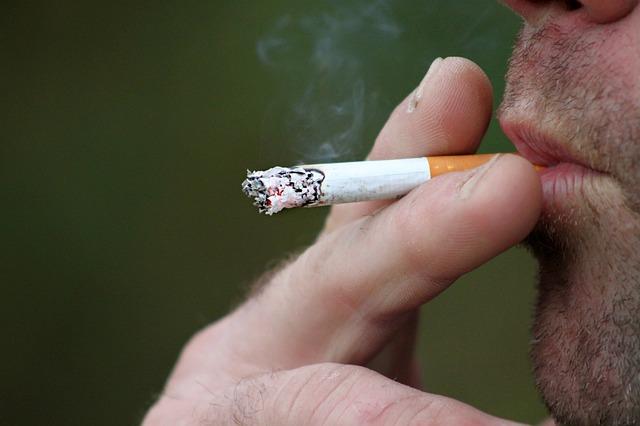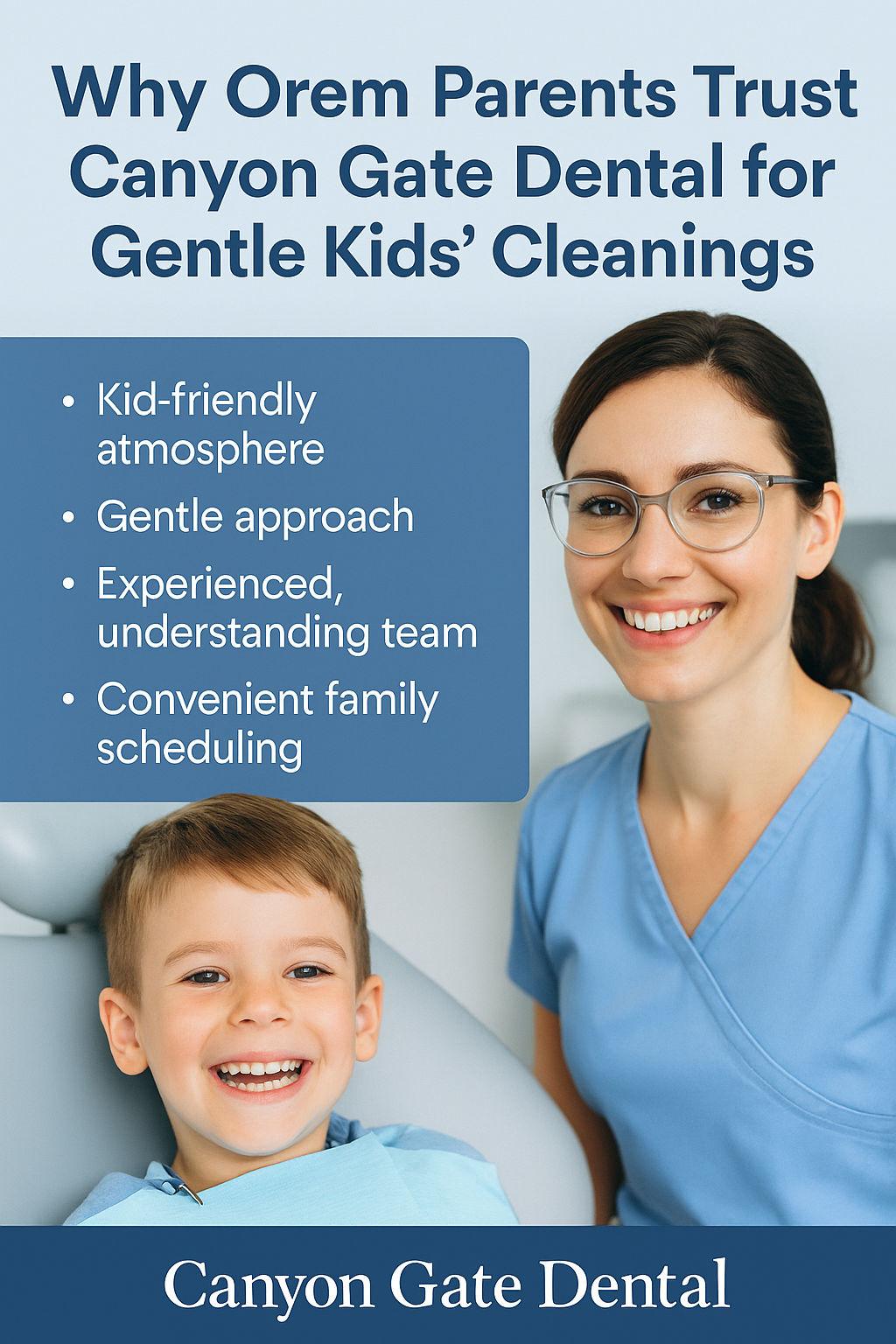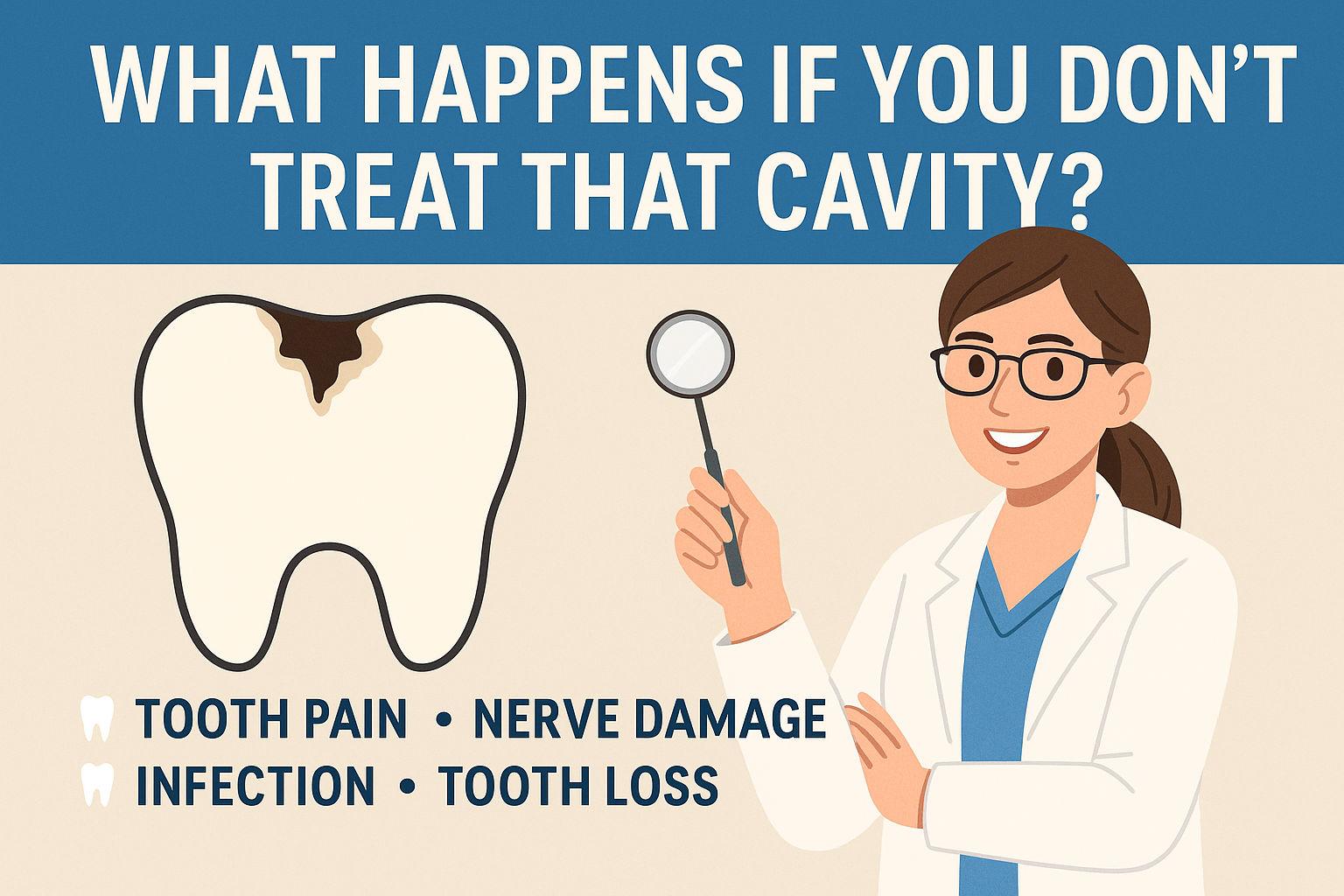Blog Highlights
- Dry mouth is the feeling you get when your salivary glands aren’t producing enough saliva
- In most cases, dry mouth is the result of stress or some other emotional taxing event
- The only way to permanently treat dry mouth is to identify and treat the cause
Dry mouth is the uncomfortable feeling you get when your salivary glands aren’t producing enough saliva. This can leave the patient with a number of symptoms, including a dry mouth and throat, cracked lips, and difficulty swallowing, among other things.
Causes
Dry mouth occurs for a number of reasons. In most cases, dry mouth is the result of stress or some other emotional taxing event, such as stage fright. However, if your dry mouth lingers and does not go away on its own, it could indicate a more serious health issue. Other reasons you make experience dry mouth include.
- Disease: Diseases can affect your salivary glands, including, but not limited to diabetes, HIV/AIDS, Hodgkin’s disease, and Parkinson’s disease
- Chemotherapy: Cancer patients may experience thicker saliva which can feel the same as dry mouth.
- Medications: More than 400 types of medicine are known to cause dry mouth. Common culprits are antihistamines, diuretics, decongestants, and pain killers, among others
- Menopause: Hormones play an important role in the body. If your hormone levels are changing or unstable this could result in a dry feeling in the mouth.
- Radiation: Your salivary glands can sustain damage if your neck or head are exposed during radiation therapy. In some cases, the condition may be temporary, but it can also lead to permanent dry mouth.
- Smoking: Regular, heavy smokers may experience dry mouth.
Treatments
The only way to permanently treat dry mouth is to identify and treat the cause. It may be as simple as changing an offending medication or even prescribing a saliva-inducing medication to help your glands work more efficiently. In the meantime, while the cause is being treated, there are some things you can do to relieve the symptoms of dry mouth:
- Avoid sugary, caffeinated, and alcoholic drinks
- Chew sugarless gum or suck on hard, sugarless candy to help stimulate saliva production
- Don’t use tobacco
- Sip water
- Stay away from spicy and salty foods, which can cause additional pain
- Suck on ice chips
- Use a humidifier at night
- Use artificial saliva, as directed my your dentist or physician
While you work on treating the cause of your dry mouth, it’s important to take care of your teeth and gums. A lack of saliva can increase your risk of tooth decay and infection. Make sure you brush your teeth twice a day and floss regularly. Your dentist may also recommend certain mouth washes that help keep your mouth moisturized.









